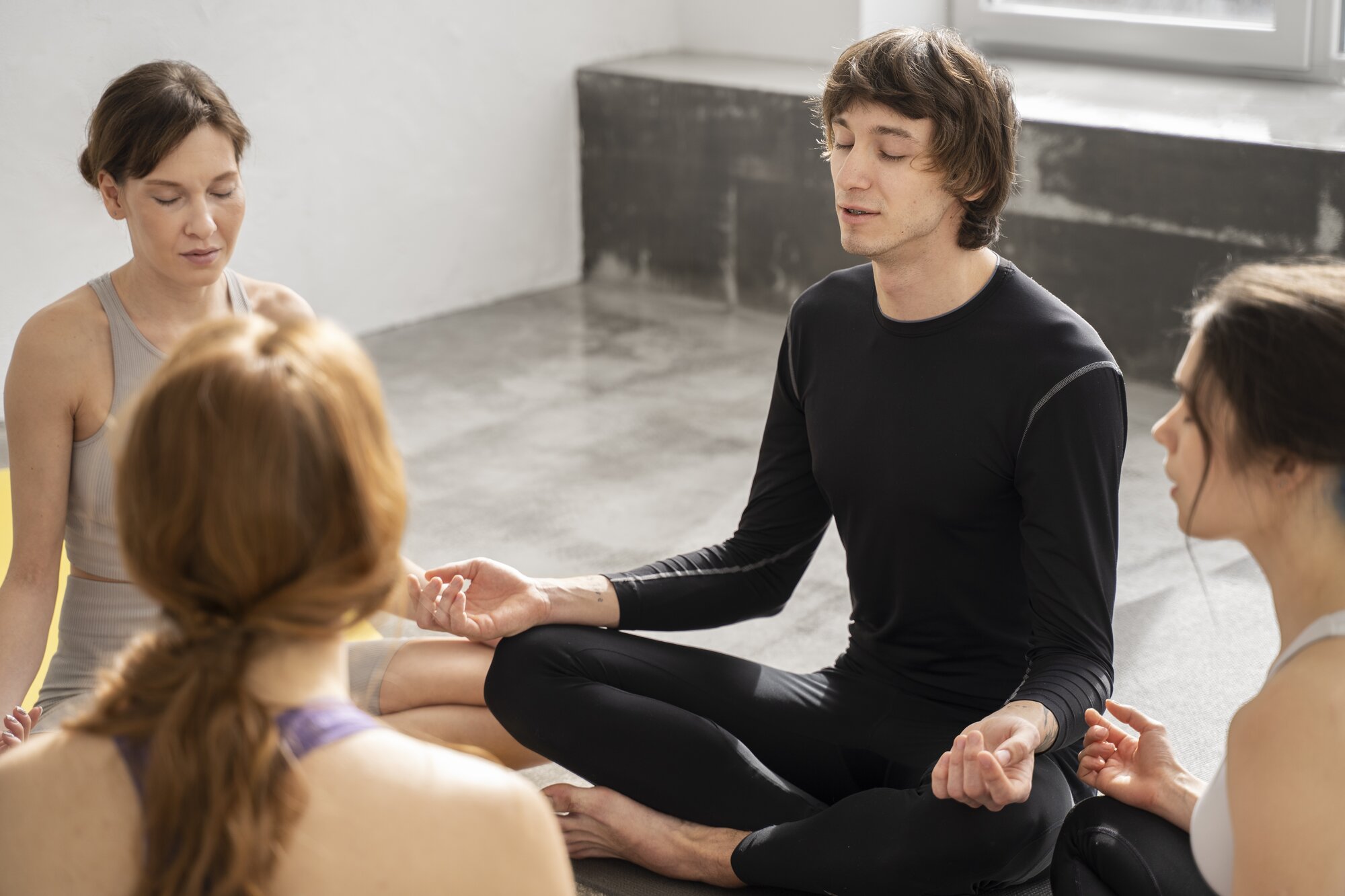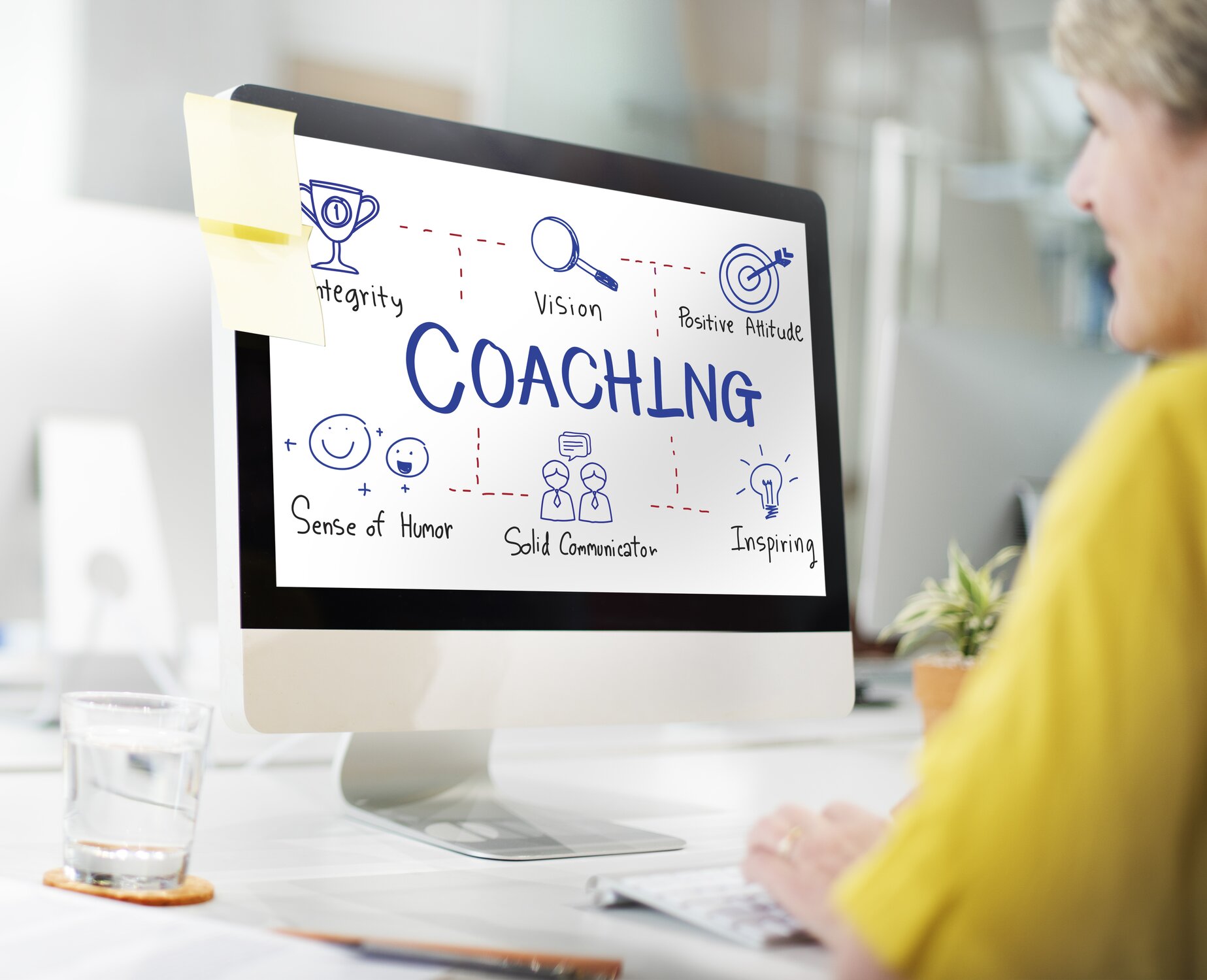Have you ever wondered who relationship coaches are and what relationship coaching is all about? Well, most folks consider such coaches as guides who help you navigate the ups and downs of interpersonal relationships (we’re talking love, communication, connection, and more).
Some say it’s like therapy. But it really isn’t. Therapy focuses on the past. Coaching is more future-oriented, more concerned with creating stronger, healthier patterns moving forward.
We turn to a relationship coach when we need clarity in dating (or even self-confidence in love). Couples often seek support to enhance their communication (resolve conflicts and reconnect on a deeper level, too!).
Relationship coaches provide the right tools, perspective, and, more importantly, encouragement to help you build (and strengthen) the kind of partnership you genuinely desire.
The Difference between Therapy and Coaching
It’s not unusual that some people mistake coaching for therapy (like “couples’ therapy”). Therapy deals more with the past to heal emotional “wounds.” Meanwhile, relationship coaches focus more on the present (and future). Coaches help you identify challenges while also clarifying your goals. They also assist in building the skills necessary to move forward.
Coaches don’t diagnose problems. Instead, they guide you in creating stronger (more positive) communication habits and resolving conflicts with respect. They also help you foster deeper, more profound trust.
Couples can learn to really listen to each other. Singles can also understand patterns that have been holding them back in love.
Coaches give you practical tools (proven strategies, too). You can use these resources to strengthen emotional connection while keeping focus on positive change and personal growth.
What Happens in Relationship Coaching Sessions
One-on-one coaching sessions are like private tutoring meetings, except they’re focused on creating a safe and supportive space where you can openly explore whatever goals and challenges you have in your relationship.
Sessions usually begin with identifying the issues at hand. Are you struggling with communication? Maybe recurring interpersonal conflicts? Or even a lack of clarity in what you truly want from a relationship.
A relationship coach can then use role-playing, active listening exercises, guided reflection, and other tools to strengthen your awareness and interpersonal relationship skills.

Benefits of Working with Relationship Coaches
Some folks cannot picture themselves sharing their “personal” details with a relationship coach. However, those who have already worked with such coaches consider their decisions as liberating and rewarding.
Relationship coaches transform how you connect with your partner. They even improve the way you view yourself in relationships (always for the better).
Relationship coaching can improve communication. You’ll learn how to listen actively (not merely “hearing”). Expressing yourself clearly is also more profound. You can avoid common misunderstandings, too.
Coaching is especially beneficial in strengthening emotional bonds. Couples can gain from deeper trust and more profound intimacy. Instead of repeating old (often destructive) patterns when conflicts arise, you’ll have practical strategies to resolve them calmly. More importantly, you’ll do it with utmost respect for your partner.
Beyond conflict, coaches can also guide you in building healthier (and stronger) relationship habits. Setting boundaries will be a cinch, and so will showing appreciation.
Forming a stronger, more supportive partnership is easier with a coach guiding you. You and your partner (or loved one) will feel heard and valued. More importantly, you’ll be more motivated to grow together.
Setting Realistic Expectations
Coaching works best if you see it as a collaboration (or partnership). Coaches bring the tools and insights (including accountability methods). Your role (and your partner's) is to exert the much-needed effort in between sessions to ensure lasting change.
Please remember that a coach cannot “save” a relationship on their own. They can guide communication and suggest strategies, yes. They can also encourage growth. All of these will be for naught if you aren’t committed to following through.
Progress is gradual, often with small yet meaningful shifts in habits and understanding. As the sessions continue over weeks and months, these “shifts” coalesce into stronger connections, fostering more resilient partnerships.
Relationship coaching can produce a long-lasting, positive transformation, but only if you’re consistent and patient.
Who Can Benefit from Relationship Coaching
Did you know coaching isn’t only for couples in crisis? It’s also great for anyone who wants to create stronger, healthier connections.
Whether you’re still in the dating stage or have already been married for years (including those in a long-term partnership), you and your partner can benefit from learning new ways to communicate. You’ll deepen your bond, too.
Individuals (singles without partners) can also work with a relationship coach. Such a partnership is perfect when you’re preparing for a new relationship or healing from past patterns. If you’re figuring out what you truly need in a partner, a coach can help.
Families can also use coaching to navigate conflicts and transitions. Even changing home dynamics (like the empty nest syndrome) can also benefit from coaching.
Regardless of your situation, relationship coaching can give you the right resources (perspective and tools) to build trust and create more meaningful, fulfilling connections.
How to Find Your Coach
Given the many benefits of relationship coaching, it’s essential to take the time to find your coach carefully.
Look for relationship coaches who not only have the training and experience to help in your relationship goals but also a coaching style that resonates with you.
Trust and compatibility are essential, too. You’ll want to feel comfortable opening up. More importantly, your coach must genuinely understand your goals (and you’re confident about it).
So, start by researching credentials. Follow it up with a review (read-through) of testimonials. You can even book an introductory session just to know if the coach fits the bill.
These first steps ensure your coaching journey takes off with the right partner by your side.
The Best Relationship Coach for You
A relationship coach gives you all the support and tools (including invaluable perspective) to help you with your relationship goals. You’ll communicate better, resolve conflicts with respect, and even strengthen emotional bonds.
It doesn’t matter if you’re a single seeking clarity or a couple looking to reconnect (or even a family navigating 21st-century challenges). A path forward is clearer and more supportive with a coach by your side.
You and your partner can build healthier habits and grow together with effective coaching. The best relationship coach for you aligns with your needs. They’ll empower you, too.
Exploring coaching IS the first step toward creating the stronger, more fulfilling relationships you genuinely deserve.






